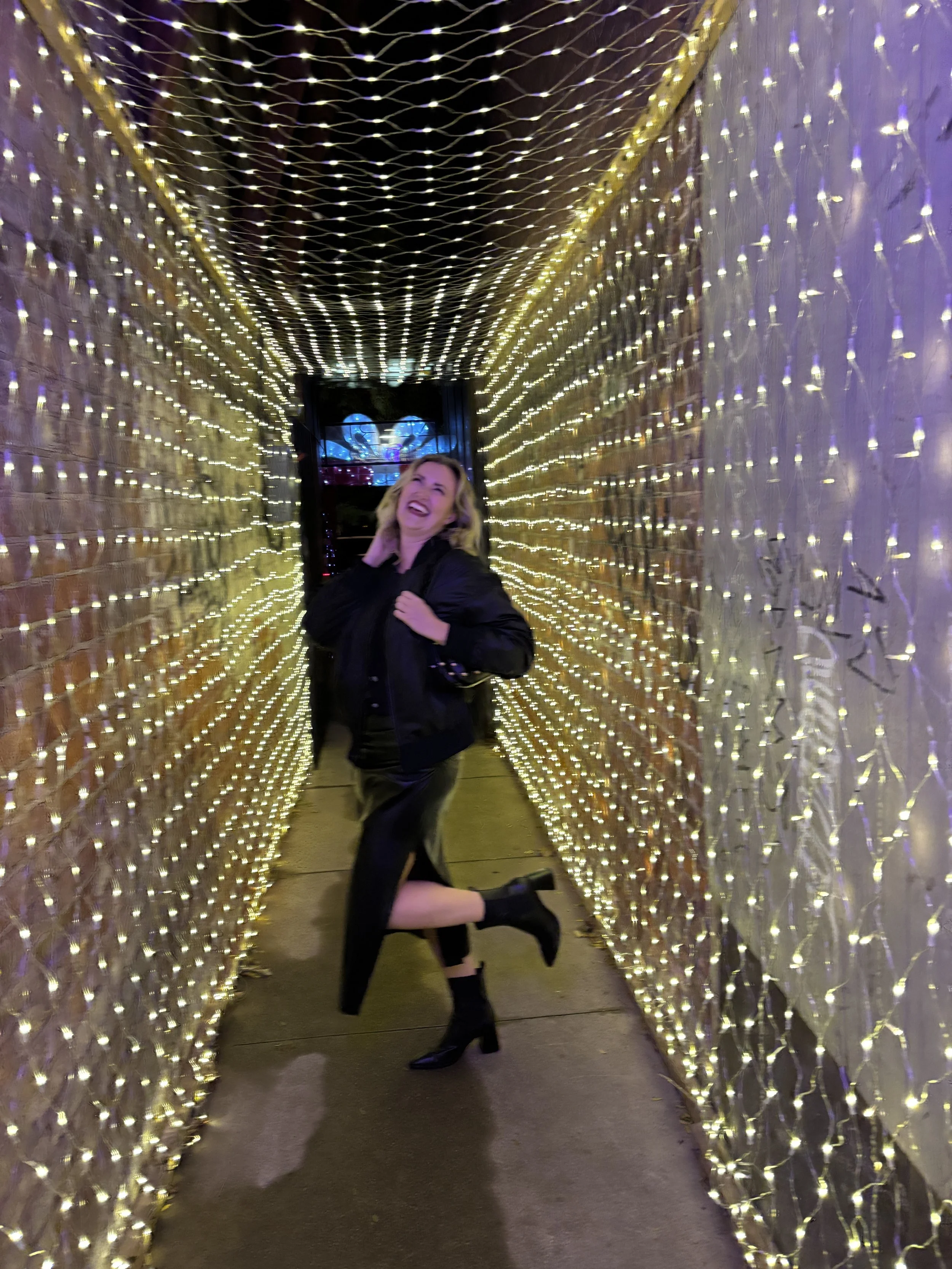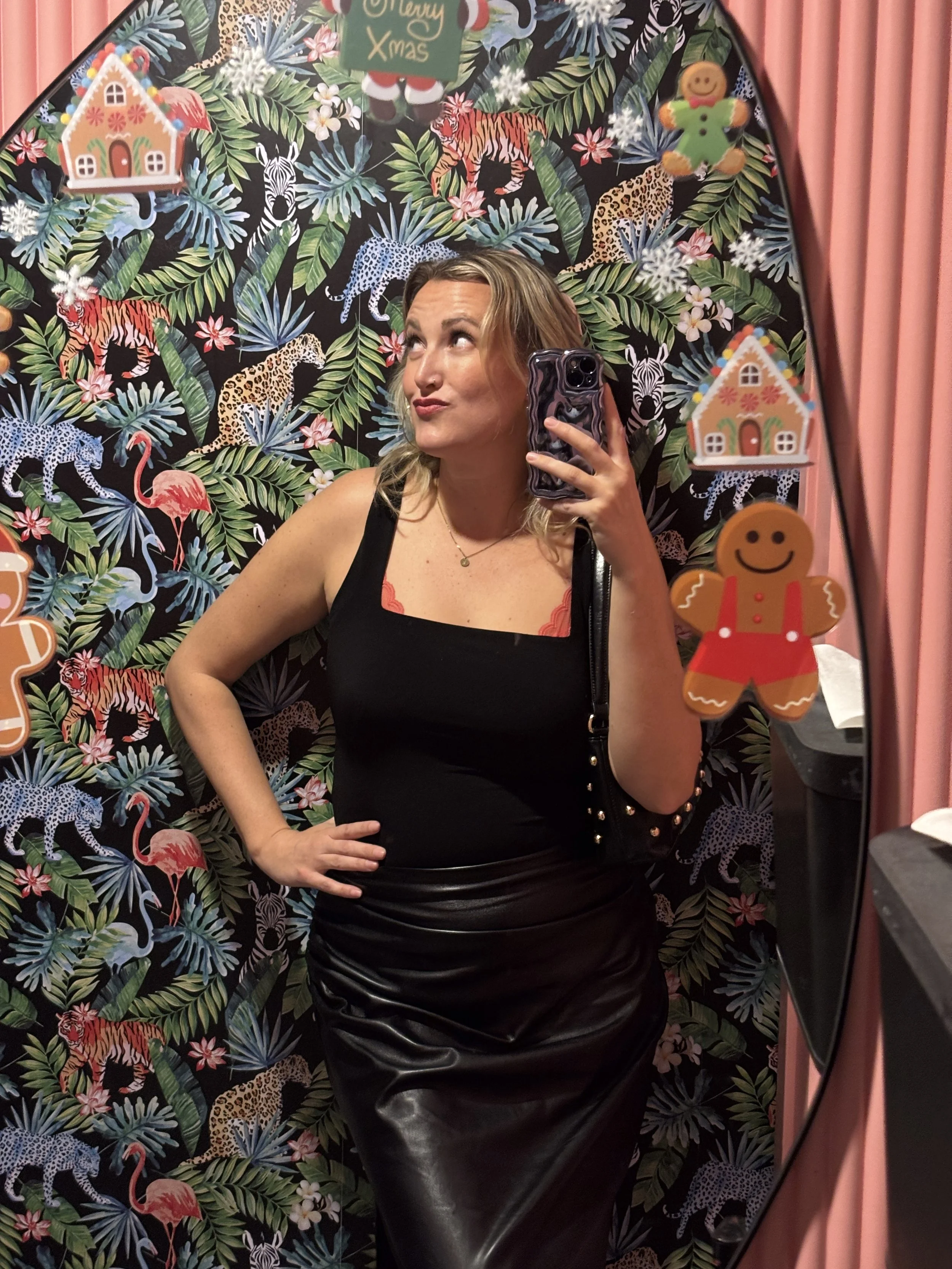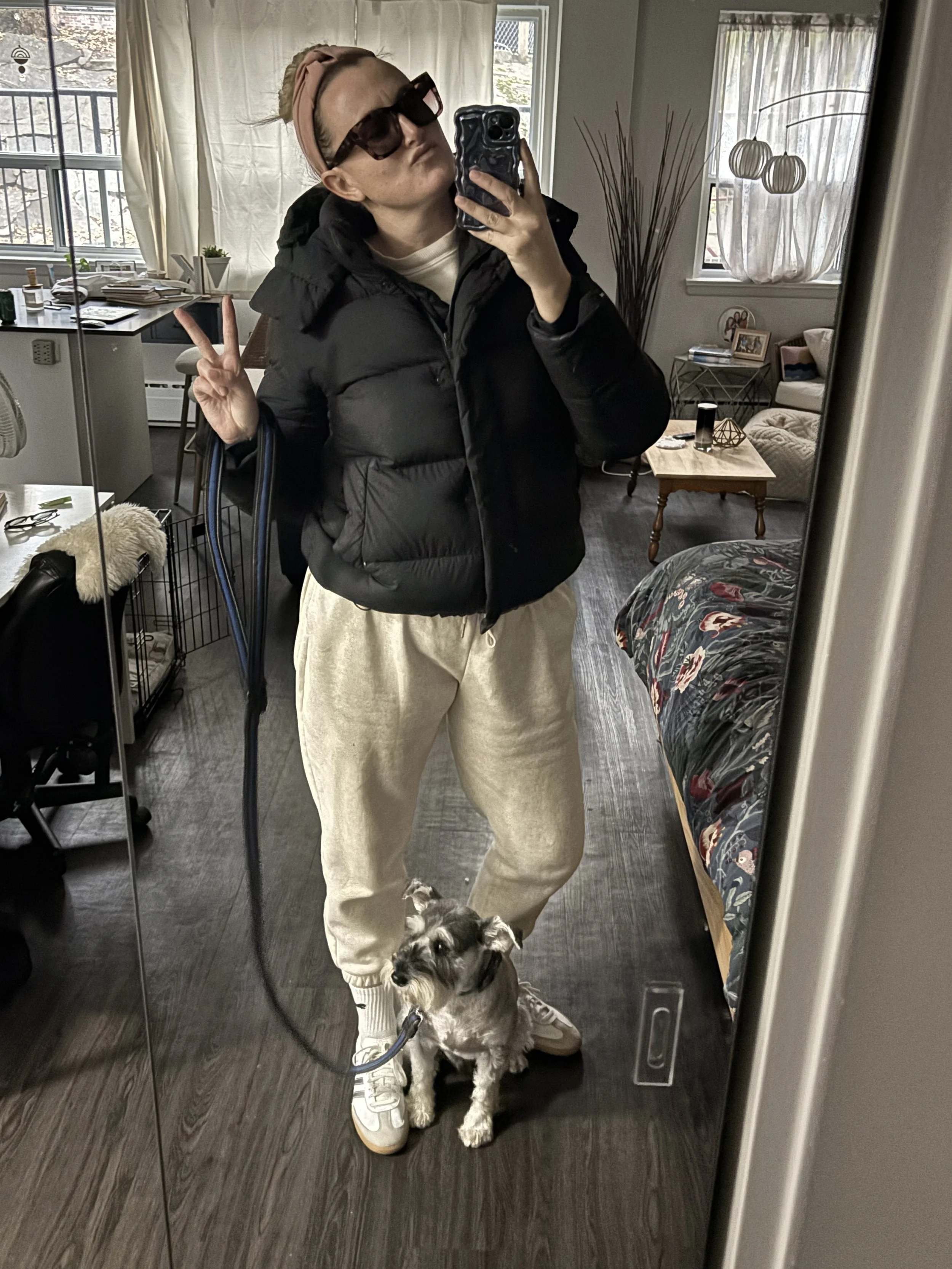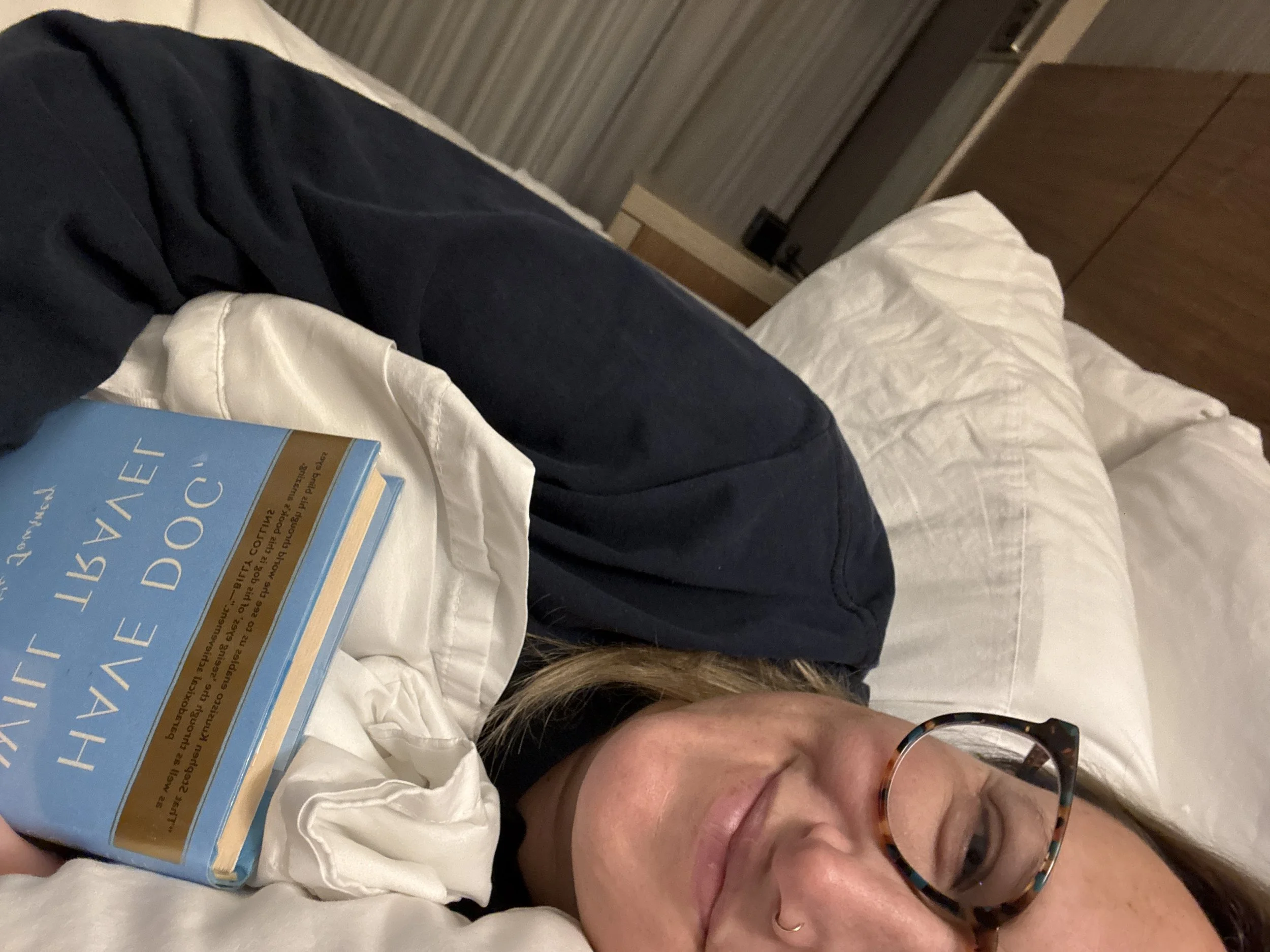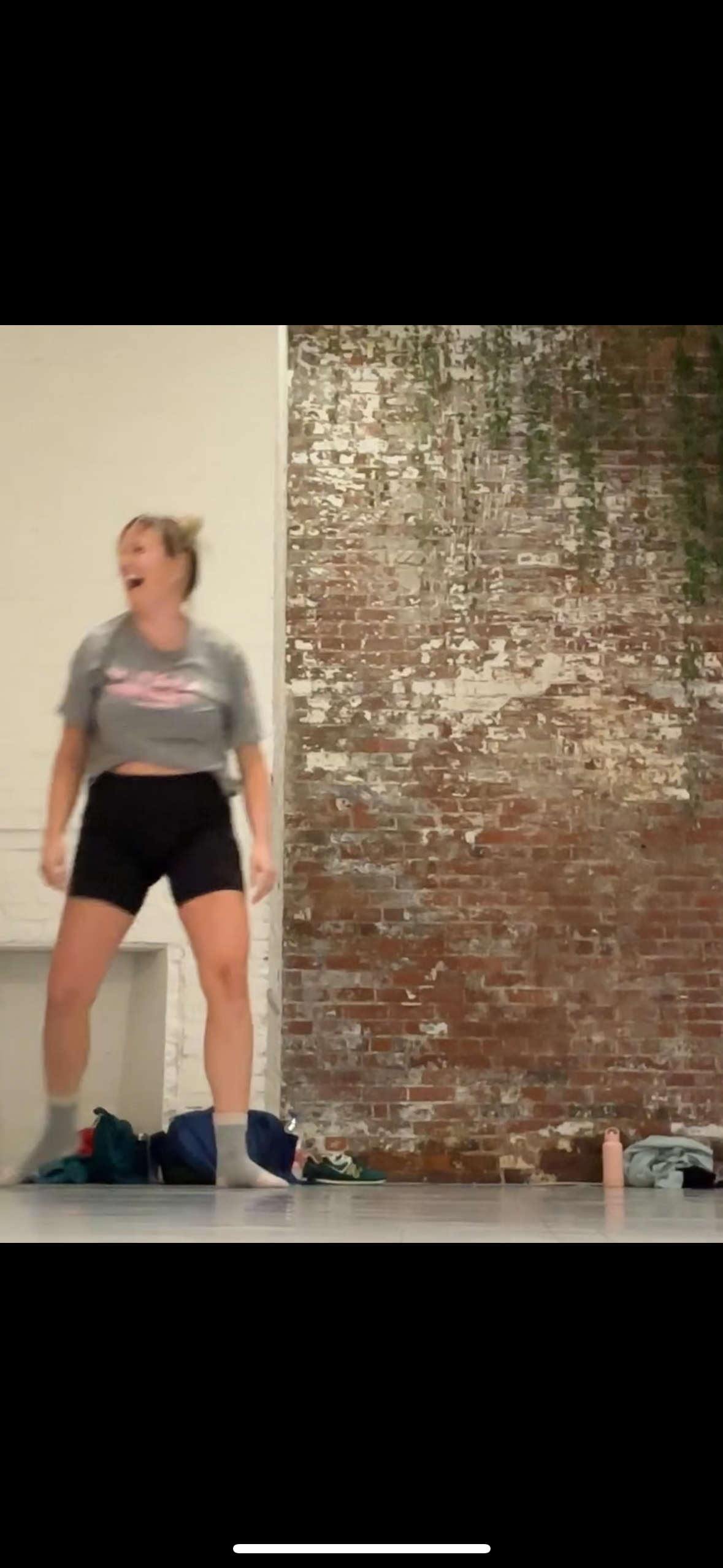Why Your Healing Isn’t Your Family’s Salvation — And Never Was
You Can Only Do You
The Quiet yet powerful Belief driving the “Healing”
Is there a part of you that believes, “If I heal my wounds, then everything—and everyone—will be okay”?
Maybe when you feel overly reactive, emotional, or sensitive, you catch yourself thinking, “If I just didn’t react, then everyone else would be fine. Everything would finally be calm.”
There’s this quiet inner sense that if you change for the better, it will directly (or indirectly) have a positive outcome for everyone around you. You’re probably someone who stays calm in a crisis, controlled during conflict, and who tries not to be “too much.” You take pride in being the stabilizer — the one who can find solutions that work for everyone.
And the more you work on yourself (therapy, coaching, self-help books, podcasts, meditations — all of it), the better off everyone else seems to be… including you. So if you’re better and it also is better for others then what’s the problem?
The Moment I Noticed my Pattern of Emotional self regulation for the benefit of others
This morning I found myself contemplating that pattern. I’ve been seeing a new therapist — someone highly skilled, someone I felt could truly help me with emotional regulation and my internal world. And every session, he gently pulls me back from the outside job to the inside job.
Meaning: whenever I start fixating on other people’s responses, behaviours, or expectations — he redirects me inward. Because there’s a part of me that hyper-focuses on others, automatically adapting in real-time to make things more pleasant, less escalated, less dangerous. I do it without thinking. It’s instinct.
But here’s the other side: sometimes I “flip my lid” quickly. Sometimes something small sets me off. Sometimes I lose it in an intense moment.
And I’ve realized something important:
Those two responses — staying controlled and suddenly exploding — are two sides of the same coin.
Both patterns point to a woman who struggles to stay emotionally attuned to herself in the presence of others. Who learned to suppress her own feelings until they burst. Who learned that keeping the peace was safer than being honest.
Safer for them, safer for you
The phrase that landed after my appointment was simple but profound:
“I can only do me.”
Let me explain.
If you, like me, grew up in an emotionally inconsistent home, you may have adapted by becoming the easy one — the child with no reactions, no “problems,” no needs.
And you learned something painful but true:
When you didn’t react, the people around you stayed calmer, happier, and safer.
Safer for them… and safer for you.
Over time, that survival strategy turns into a belief:
“If I heal, grow, and fix myself, then the problems in my relationships will disappear.”
There isn’t one perfect clinical term for this, but it’s a mix of:
toxic responsibility
emotional over-responsibility for others
fawning / placating
parentified emotional labour
It’s the sense that if you take care of yourself, then everyone else will be taken care of too.
The Unconscious Belief I Was Carrying
And that was showing up in my therapy — because my therapist noticed I wasn’t just trying to regulate for me. I was trying to regulate for my family. To make myself easier for them to be around.
I was carrying this unconscious belief:
“If I don’t do therapy, I’m emotionally abandoning my family.”
But in reality, the truth was softer, sadder, and more honest:
I’m doing therapy because I don’t want to be abandoned.
I’ve experienced the pain of chosing estrangement/space from my family before, and it hurt. A lot.
I missed holidays.
I spent Christmas alone.
I missed my niece’s 13th birthday and hated that I wasn’t there.
So yes — my healing will benefit my family, even if they never touch their own psychological work.
But it’s for me.
And acknowledging that takes an enormous weight off my shoulders. It frees me from the fantasy that I have to fix myself and fix the family.
The Moment of Creative Clarity
While writing, I was listening to the song “Blush” by Chet Faker, and when I hit a writing block, I decided to step back, not force my writing and I started dancing. I got deep into the rhythm of the song and then boom, his lyric “and I try to be bold” hit me to my core. What did trying to be bold have the do with feeling overly responsible for others?
Then I realized:
This is why I pursue healing, self-development, and self-expression — I am trying to boldly create a new life for myself.
It is wildly brave to look at hard truths and say:
“I will take responsibility for the role I played… and I will no longer play that role.”
This is radical responsibility for self — not over-responsibility for others.
What This New Way Forward Asks of Me
This new way forward asks me to:
honour my boundaries for me
stay grounded in conflict because it’s good for me
not get swept into other people’s drama or immaturity because its better for me
stay emotionally present with myself, for me
allow my feelings to guide me instead of other people’s reactions, to help me
This is bold.
This is rebellious.
This is life-changing.
Because when you’ve been raised to fawn, please, and maintain harmony for the “system,” choosing to stay with yourself is an act of revolution.
The Truth I Keep Returning To
And so here it is — the truth I keep repeating:
You can only do you.
You can only go to therapy so you don’t feel dysregulated.
You can only read self-help books so you build internal resources.
You can only do coaching so you break your own limits.
You can only show up halfway in relationships — and it’s up to you how you want to meet people there.
You can only step out of harmful roles for the benefit of your own soul.
If you’re in therapy “for your marriage,” you’re not doing it for your partner.
You’re doing it for you.
If you are in therapy to stay calmer because you have a reactive boss. You are in therapy to do that for you - not your boss.
This realization brought me a step closer to freedom.
Because I am no longer obsessing about who others should be, what they should do, or how I should change myself for their comfort.
It’s lighter.
Clearer.
I can only do my part — in relationships, in work, in family — and I do my part so that I feel good within myself.
As I heal my wounds and reshape my patterns, it’s not for the benefit of my family.
It’s not for my clients.
It’s for me.
And that…
is bold living, baby.
These are my honest and raw thoughts.
I hope they help.
Katie

